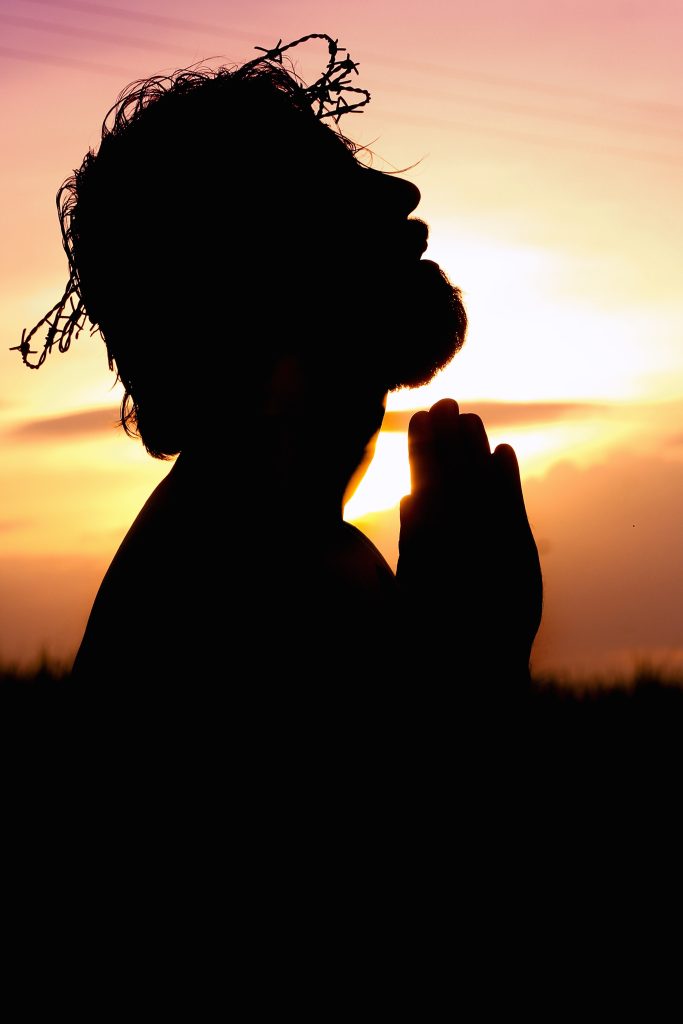
What We Believe


Our Identity
“We are Disciples of Christ, a movement for wholeness in a fragmented world. As a part of the one body of Christ, we welcome all to the Lord’s Table as God has welcomed us.”
Our Vision
To be a faithful, growing church, that demonstrates true community, deep Christian spirituality and a passion for justice.
|
Our Mission
To be and to share the Good News of Jesus Christ, witnessing, loving and serving from our doorsteps “to the ends of the earth.” (Acts 1:8) |
Our Confession
As members of the Christian Church, We confess that Jesus is the Christ, the Son of the living God, and proclaim him Lord and Savior of the world. In Christ’s name and by his grace we accept our mission of witness and service to all people. We rejoice in God, maker of heaven and earth, and in God’s covenant of love which binds us to God and to one another. Through baptism into Christ we enter into newness of life and are made one with the whole people of God. In the communion of the Holy Spirit we are joined together in discipleship and in obedience to Christ. At the Table of the Lord we celebrate with thanksgiving the saving acts and presence of Christ. Within the universal church we receive the gift of ministry and the light of scripture. In the bonds of Christian faith we yield ourselves to God that we may serve the One whose kingdom has no end. Blessing, glory, and honor be to God forever. Amen. |
Origin of the Christian Church
Religious visionaries on the American frontier included Thomas Campbell, Alexander Campbell, Barton W. Stone, and Walter Scott. Christian Church (Disciples of Christ) histories rightfully identify them as the “founding fathers.”
In 1804, Presbyterian minister Barton W. Stone and several followers broke their denominations ties to enter into unity with “the body of Christ at large.” They called themselves, simply, “Christians.” In 1811 a group led by Presbyterian minister Thomas Campbell and his son, Alexander, began meeting independently, saying the church of Jesus Christ was one, open to all.
In 1820 Alexander Campbell began public debates which, along with his writing, propelled him into leadership of the “Disciples of Christ.” And in 1832 the “Christians” and the “Disciples of Christ” joined together with a formal handshake. They agreed on basic beliefs and aims. The two ordinances of the Christian Church (Disciples of Christ), instituted by Jesus Himself:
1. Baptism is for mature individuals, who are old enough to make their own decisions. A believer makes a public confession of faith in Jesus Christ, and
baptism is by immersion, symbolic of Christ’s death, burial and resurrection.
2. The Lord’s Supper (communion) is at the heart of Disciple worship. The Lord’s Supper is celebrated each Sunday and on special occasions, administered by lay people. All Christians, of any denomination, are welcome to participate.
Today the Christian Church (Disciples of Christ) is one of the largest churches founded on American soil, with more than 1.1 million members in nearly 4,200 congregations across the U.S. and Canada
The Chalice Symbol of the Christian Church (Disciples of Christ)
We have adopted the chalice with the X-shaped Cross of St. Andrew as our symbol for two reasons. The chalice (cup) represents the significance of the Lord’s Supper to our worship life, and the Cross of St. Andrew reminds us that our roots are in the Scottish Presbyterian Church (St. Andrew is the Patron Saint of Scotland.)
Champion Christian Church - It's Beginning
In 1891 six ladies from Southington Christian Church helped organize a Ladies’ Auxiliary to the Christian Women’s Board of Missions here with nine charter members, and on April 16, 1893, a church and Sunday School was established in Champion with thirty-four charter members.
A Covenant was signed:
“We, the undersigned, desire a church home that we may grow in grace and in the knowledge of the word of God because we believe that by combining our means and talents we may become more influential witnesses for Christ in the community.
We have already covenanted with God in Christ, believing that Jesus is the Christ, the Son of God and our Savior. The word of God is to be our only rule of faith and practice and using our influences as best as we can we desire the salvation of all men. In order to fulfill most effectively this solemn Covenant, we do unite, and we do hereby covenant to do all in our power to promote the growth, spirit, and vitality of this congregation.”
Talk to us
Have any questions? We are always open to talk about your business, new projects, creative opportunities and how we can help you.